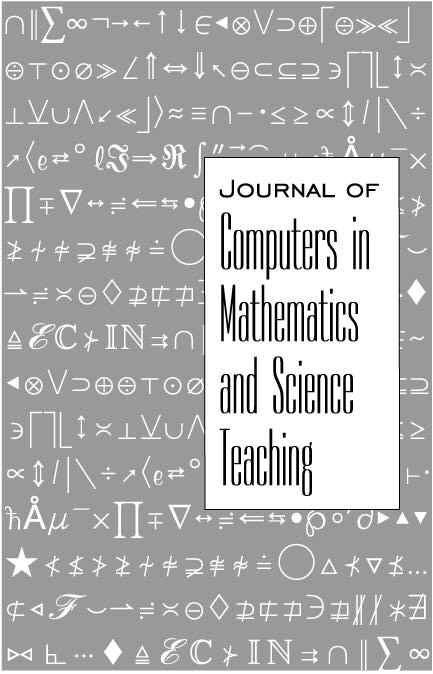
Challenges in Mentoring Software Development Projects in the High School: Analysis According to Shulman's Teacher Knowledge Base Model
Article
Orni Meerbaum–Salant, Orit Hazzan, Technion – Israel Institute of Technology, Israel
JCMST Volume 28, Number 1, ISSN 0731-9258 Publisher: Association for the Advancement of Computing in Education (AACE), Waynesville, NC USA
Abstract
This paper focuses on challenges in mentoring software development projects in the high school and analyzes difficulties encountered by Computer Science teachers in the mentoring process according to Shulman's Teacher Knowledge Base Model. The main difficulties that emerged from the data analysis belong to the following knowledge sources of Shulman's model: Content knowledge, pedagogical content knowledge (PCK) and knowledge of learners and their characteristics. We suggest that the complexity of the mentoring process of software project development in the high school results mainly from the fact that the process involves a variety of knowledge types, as well as management activities and pedagogical aspects. This fact leads us to conclude that a mentoring methodology should be defined for this complex task, similar to software project development methodologies applied in the industry. We summarize with a discussion of the nature of such a methodology.
Citation
Meerbaum–Salant, O. & Hazzan, O. (2009). Challenges in Mentoring Software Development Projects in the High School: Analysis According to Shulman's Teacher Knowledge Base Model. Journal of Computers in Mathematics and Science Teaching, 28(1), 23-43. Waynesville, NC USA: Association for the Advancement of Computing in Education (AACE). Retrieved August 5, 2024 from https://www.learntechlib.org/primary/p/26053/.
© 2009 Association for the Advancement of Computing in Education (AACE)
Keywords
References
View References & Citations Map- Fincher, S. And Petre, M. (1998). Project-based learning practices in computer science education. Proceedings of the Frontiers in Education Conference, tempe arizona, pp. 453-494.
- Shepherd, H.G. (1998). The Probe Method: a Project-based-learning Model’s effect on critical thinking skills, Dissertation Abstracts International, Section a, 59(3a), pp. 779.
- Waks, S. (1997). Education and technology-dimensions and implications. Position paper on prospects of interrelationship between the academia and the educational system in israel, the Van leer Jerusalem institute, the Forum for Higher education, the Ministry of education, Culture and Sports, israel. Note 1the Standish Group Chaos report is published at: http://www.standishgroup.com/sample_research/chaos_1994_1.php
These references have been extracted automatically and may have some errors. Signed in users can suggest corrections to these mistakes.
Suggest Corrections to References